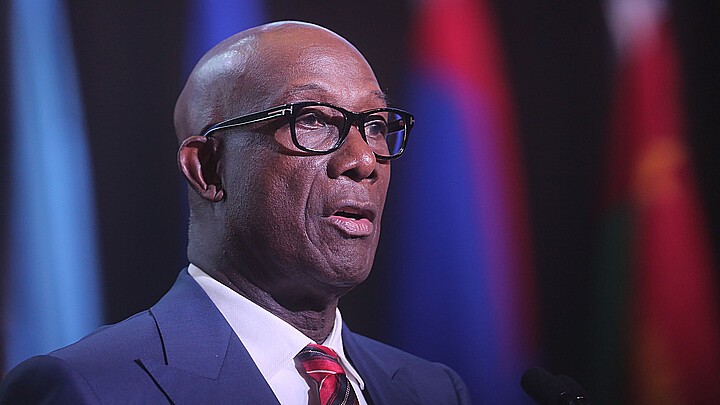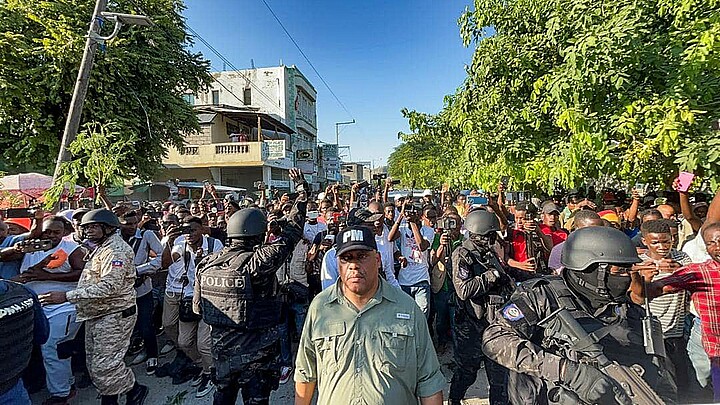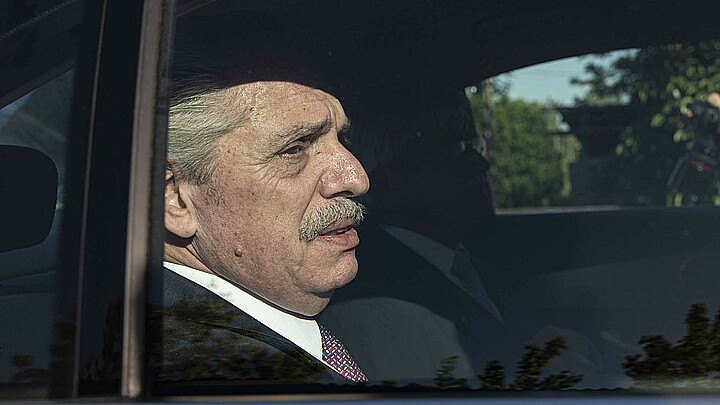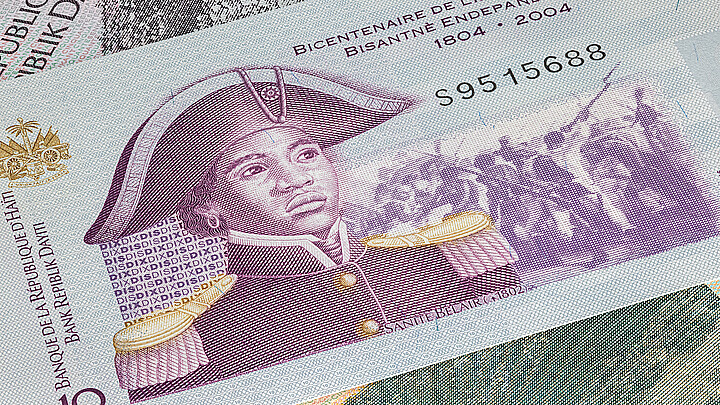Crime
Honduras extends state of emergency for third time
Following the footsteps of neighboring El Salvador, leftist President Xiomara Castro implemented a state of emergency in the country on December 6, suspending some constitutional rights
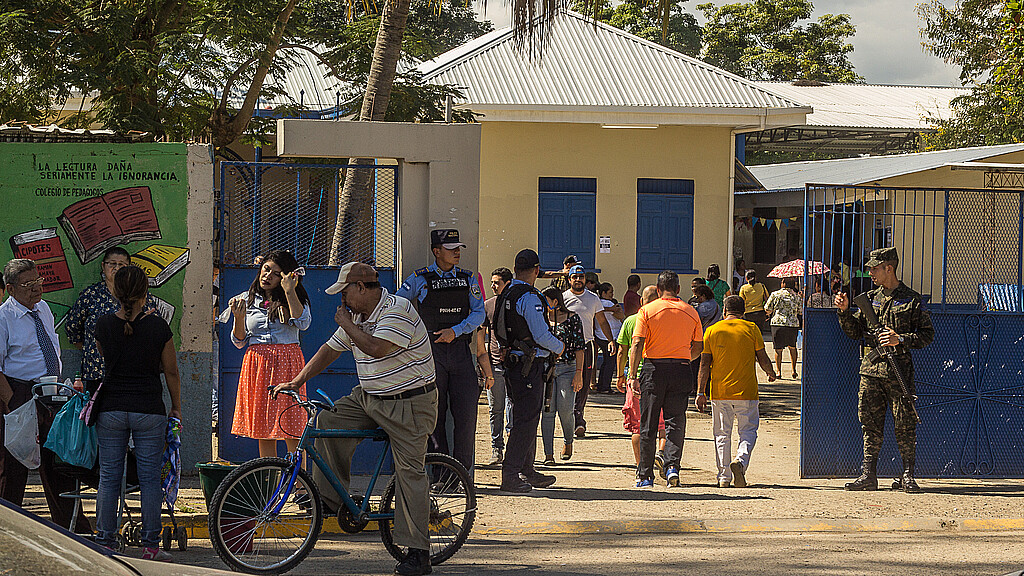
April 10, 2023 8:32am
Updated: April 10, 2023 8:32am
The government of Honduras on Friday extended a state of emergency for the third time in an effort to crack down on gangs in the Central American country.
Following the footsteps of neighboring El Salvador, leftist President Xiomara Castro implemented a state of emergency in the country on Dec. 6, suspending some constitutional rights.
Friday’s announcement is the third extension of the state of emergency, set to last another 45 days and expire on May 21, the government said in a statement.
The state of emergency covers 123 local districts covering the largest population centers in Honduras. Under the strict measures, authorities are able to restrict freedom of movement and association, as well as search homes and arrest individuals without a warrant.
"This legal measure has made it possible for security authorities to capture more than a hundred members of criminal organizations," the statement added.
Last week, Castro deployed hundreds of soldiers across the country to fight criminal groups and crackdown on crime.
"In this new stage, we have the task of ending drug trafficking, and crime and also capturing the leaders of maras (violent street gangs) and gangs. We will guarantee peace for the life of the Honduran people," Defense Minister Jose Manuel Zelaya said last week.
The country’s military will operate in seven of Honduras’ semi-urban departments where there is a large activity of gang operations, such as those of Mara Salvatrucha and Barrio 18, according to a government outline of the project.
The move comes following El Salvador’s launch of a similar operation in March of last year after 62 people were killed in 48 hours. Under the emergency measures, more than 66,417 alleged gang members have been arrested—about 2 percent of the Central American country’s entire adult population, according to government statistics.

